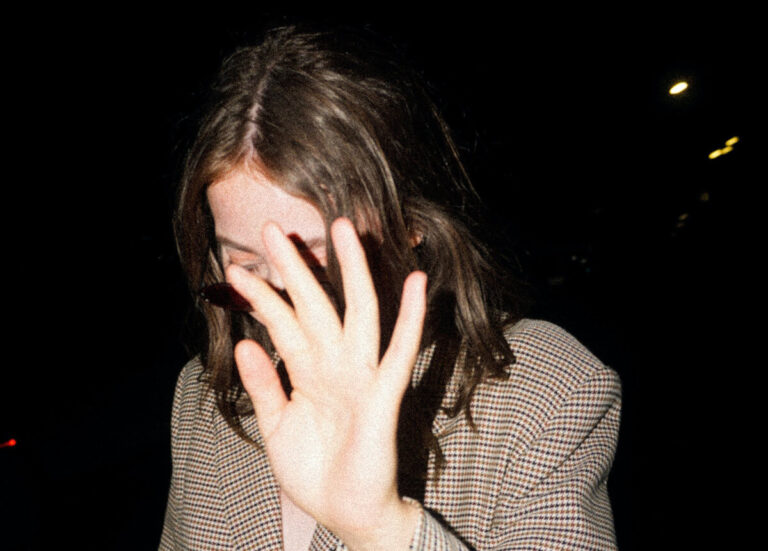Poparazzi: the new anti-selfie app putting an end to self-media narcissism

Let’s face it, social media is a narcissistic whitewash. It’s a mirror into the life of what other people want you to see, not what things actually are. Take a quick visit to your nearest tourist hotspot, and you’ll find it flooded by people taking selfies, all for the ’gram. Those five seconds of fame. That digital serotonin hit we’re all hooked on. I have to admit, I’m not innocent in all this either, but it’s just the way social media is, right?
Candid photos of me taken by my friends are reserved for my Facebook wall—an annual event where, on my birthday, all past drunken photos come back to haunt me (queue numerous shots of drunken Jack on New Year’s eve). But this hot vax summer, a new app is setting out to change this status quo. Introducing… drum roll, please… Poparazzi. Let me explain.
What is Poparazzi?
Essentially, Poparazzi has a similar visual-led format to Instagram—where people can comment, like and share photos. And despite the strikingly similar interface, that’s pretty much where the similarities end. The app is divided into two parts: photos of your friends taken by you and photos of you taken by your friends. The app then displays which people you’ve snapped the most in your camera, giving a “pop” score to each user depending on how many photos are taken—similar to the Snapchat score model.
The app is calling itself the “new age of social media for Gen Z,” which is quite a statement. The concept is fun, quirky and serves a gap in the market but it’s not carving out the new Facebook or Twitter by any means. That being said, the proposed photo-sharing app doesn’t allow the use of filters, cropping, captions or any edits added on photos. This could, theoretically, help create a refreshing, authentic and realistic digital sphere that could be better for all our mental health.
The relatively new app has already raised $2 million in funding and reached a user base of 10,000 during its beta period. And when taking a step back and analysing the app’s design, you can see why it’s gained such traction. Picture this: one person decides to use the app, taking a shot of their friend and posting it on Poparazzi. That friend then receives a number of texts saying their photos have been shared on a relatively unknown, newfangled app. It’s a no-brainer that the person who received the text would then download the app to see what’s been published. Hooked by the flashy branding and sleek design, the friend then takes a photo of another friend and posts it onto the app—and the cycle continues.
It’s not all snapshots and roses
The concept behind Poparazzi is somewhat dodgy in terms of privacy concerns. The encouragement that users should share raw, candid photos of their friends (possibly without their permission) is ethically dubious—especially when our online image is intertwined with real-world consequences, for instance, during job applications where social media is often screened. However, despite this, the app has implemented measures to maintain the service is not a “wild West” of the photo-sharing world. Poparazzi requires you to tag the friends you’re posting from your phone’s contact list. Users can also choose to remove any photo from their profile, or switch their account to private so only approved users can tag them.
If you’re interested in giving it a try, Poparazzi is available, and free, on the App Store right now. And although from the brief test I’ve given it so far, I’m not itching to go and take candid photos of my mates, it is a refreshing change to other social media platforms. Whether Poparazzi is a quick publicity stunt or has the potential to become a long-term prosperous social media service is anyone’s guess. That being said, I’ll definitely be following Poparazzi closely in the coming months.





